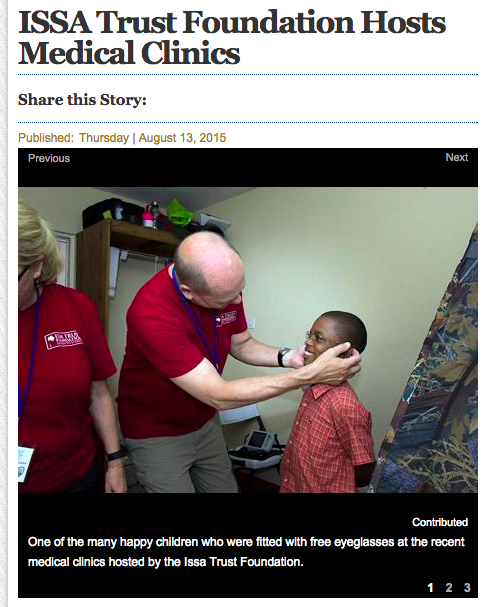I have now been working in Jamaica for two weeks and am already halfway through this elective! I have adjusted to how things work here, although everyday something new surprises me. Just yesterday, I came across a family of goats who had wandered into the hospital compound and acted like they had always lived there.
Also, no matter where you live, kids…
1. Love Dora
2. Put rocks in their ears
3. Scream and cry when you remove rocks from their ears
4. Really like stickers
5. Get bitten by rats (okay that one is just Jamaica)
This week there was a Pseudomonas outbreak on the pediatric ward of one of the local hospitals. This, combined with the ongoing severe drought that was exacerbated by all the kids returning to school, has resulted in only the sickest of patients being admitted to hospital. Everyone else has to manage at home.
Here are the Patois phrases that I have mastered so far:
• Du du = poop
• Juk = needle
• Cold in the eyes = eye discharge
• Cold in the chest = could mean anything
• Me no wanna = I don’t want to buy that
• Soon come = they have no idea when it’s going to come
Favourite Food of the Day: Chicken patties. Also, coconut bread pudding with vanilla sauce.





Connect With Us